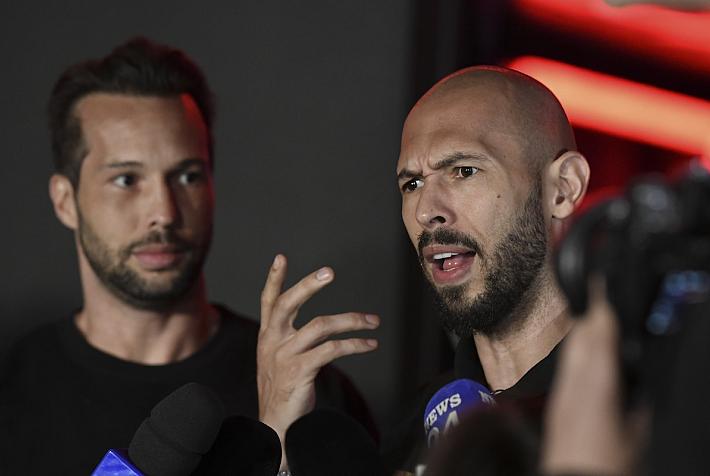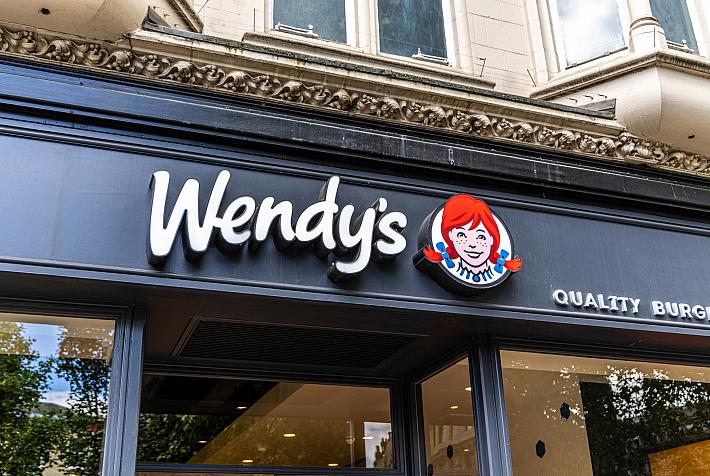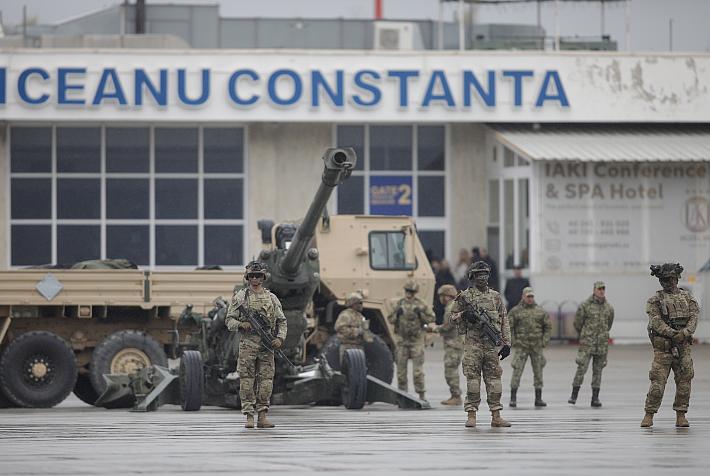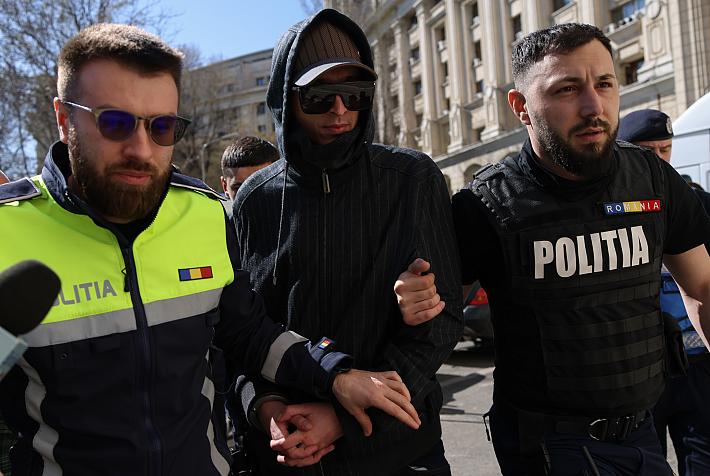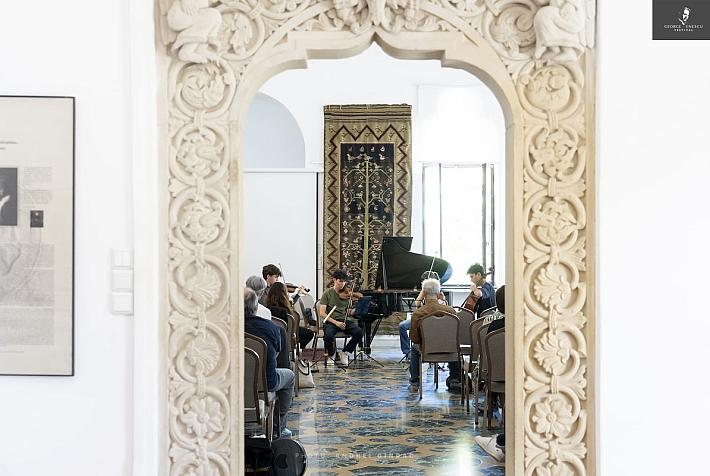Media investigation shows Romanian presidential candidate Georgescu as potential leader of dormant Legionary Movement

Investigative and academic reports published ahead of the second round of the presidential elections in Romania show pro-Russian candidate Calin Georgescu maintained close ties with members of the far-right organisations claiming to continue the work of the fascist Legionary Movement founded by Corneliu Zelea Codreanu, which also operated as a political party in Romania between 1927 and 1941.
An investigation published by Context.ro concludes a strong, and in some cases lasting, rallying of the main neo-legionary groups behind Calin Georgescu – a performance that other far-right politicians such as George Simion or Diana Iovanovici-Sosoaca were not able to achieve.
Continuators of the Legionary Movement in Romania reportedly capitalised on the confusion between their fascist ideology and the broad anticommunist sentiment, remaining rather popular among intellectuals during the communist regime and after - amid a widespread Holocaust denial favored by the Communist regime and not properly addressed after 1990.
Georgescu's ability as a charismatic neo-legionary leader and potential "Captain" (the name given to the leader of the Legionary Movement) to mobilize these groups and individuals is high, Context.ro argues. Other analysts, however, believe Georgescu is more likely attempting to use the far-right movements' popularity for his own purposes.
An example of a close member of far-right legionary movements close to Georgescu is Eugen Sechila, who appears alongside Georgescu in the latter's press statements. He has been a representative of the "Gogu Puiu si Haiducii Dobrogei" Association, named after a former legionnaire from Dobrogea, Digi24 reported.
Elena Puiu, a member of the association and a relative of the legionnaire, had an interview with Calin Georgescu in 2020, left on YouTube, in which the winner of the first round of the presidential elections praised the two legionnaire leaders who committed war crimes and genocide, as well as the Legionnaire Movement.
Adina Marincea, a researcher of the "Elie Wiesel" National Institute for the Study of the Holocaust in Romania, documented the connections between some representatives of the Romanian Orthodox Church, Calin Georgescu, the Alliance for the Union of Romanians (AUR), and neo-legionary groups, argues that the pro-Russian candidate is rather attempting to capitalise on such far-right organisations than being a recognized leader of them.
"Calin Georgescu is a rather opportunistic character, he tried to join these groups and their ideology. He is in no way a representative figure or recognized authority in the legionary and neo-legionary groups, and opinions are otherwise divided within these groups," she said.
iulian@romania-insider.com
(Photo source: Inquam Photos / George Călin)








